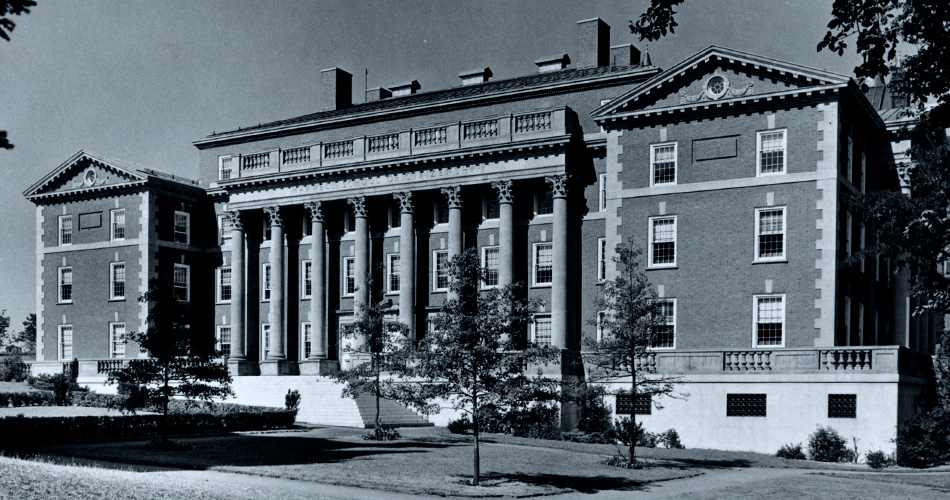Forgotten Fires: Reconsidering the Fire Regimes of Upper Great Lakes Red Pine Landscapes
Eggers Hall, 018
Add to: Outlook, ICal, Google Calendar
The Geography and the Envrionment Colloquium Series
with Kurt Kipfmueller, Morse Alumni Distinguished Professor, Department of Geography, Environment, and Society, University of Minnesota-Twin Cities
While most of the attention on issues related to wildland fire in the U.S. have been focused on western North American landscapes, fire has historically been a critical process in the pine forests of the Upper Great Lakes. The reduction of fire over the last 150 years, related to ignition suppression/cultural suppression as well as direct suppression of fires has diminished the memory of past fire and led to substantial changes in the forest landscape. Coupled with a rapidly changing climate, alongside dramatic landscape modification due to widespread logging, the forgotten fires of the Great Lakes’ past are likely to re-emerge within a different socio-ecological context.
Over the last 50 years, our understanding of the role of fire in Great Lakes landscapes has become more refined with additional tree ring-based studies of fire history that better capture the occurrence of repeated, low intensity surface fires. More recently, the importance of cultural fire in stewarding forests and pine barrens of the region is becoming better appreciated.
This presentation provides an overview of a growing network of fire history sites in red pine (or former red pine) landscapes across the Great Lakes and an important context for understanding the relative roles of climate and people in driving fire over the past three centuries. Case studies will be highlighted to illustrate the importance of place and culture related to the use of fire for stewarding resources over time. The network is helping to re-initiate, re-engage, and restory the reciprocal relationships between people, pine, and fire in the region.
Kurt Kipfmueller is a professor of geography, environment, and society. He uses tree-rings to reconstruct past histories of forest landscapes, particularly related to climate variations and disturbance patterns. Professor Kipfmueller’s recent research focus has centered on understanding how fires shaped forest communities of the Great Lakes prior to widespread colonization. His work is being used to reinitiate fire use as a management tool in landscapes where fire has largely been eliminated for at least the last 100 years.
Category
Social Science and Public Policy
Type
Talks
Region
New York Campus
Open to
Faculty
Students, Graduate and Professional
Students, Undergraduate
Organizer
MAX-Geography and the Environment
Accessibility
Contact Deborah Toole to request accommodations

We’re Turning 100!
To mark our centennial in the fall of 2024, the Maxwell School will hold special events and engagement opportunities to celebrate the many ways—across disciplines and borders—our community ever strives to, as the Oath says, “transmit this city not only not less, but greater, better and more beautiful than it was transmitted to us.”
Throughout the year leading up to the centennial, engagement opportunities will be held for our diverse, highly accomplished community that now boasts more than 38,500 alumni across the globe.